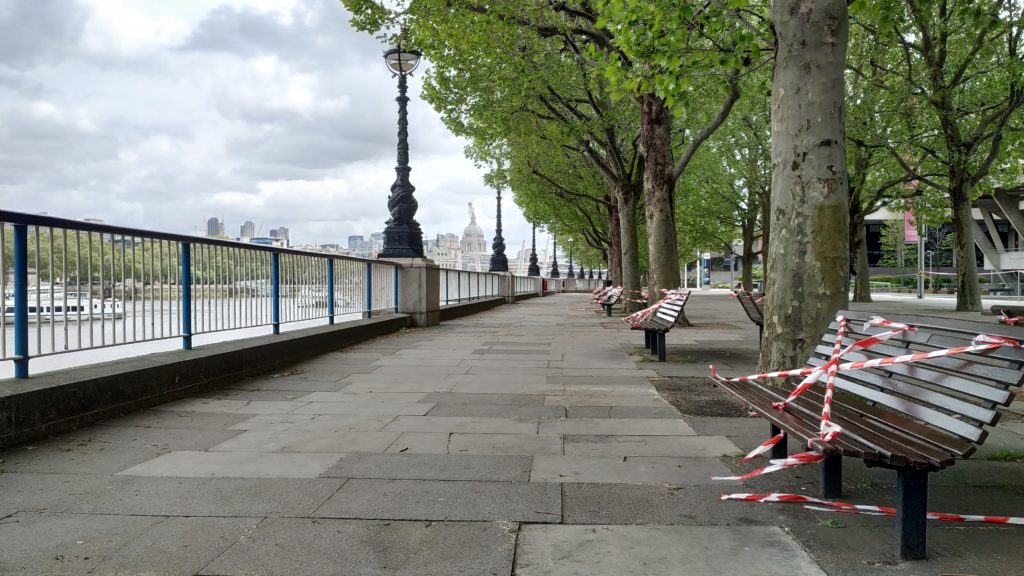
A Little More Human
The problem with a ‘semi-professional’ blog – ie. one partially related to my work, not one that earns anything – that aspires to cultural critique is that it’s easy in times like this to sound all too, well, critical. But amongst all the tension and anxiety and uncertainty there are moments of such incredibly profound humanity that it felt worth reflecting on those and what they could mean. So often it’s the small gestures, the quiet voice in the raging storm that speaks to some truth. Bear with me though, as if you’ve read any of the rest of my blog, you’ll know that ‘earnest’ is not a well-practised register for me.
Though locking people out of their places of business and depriving people of delineation between home and work – and for those without the luxury of extra space, a kitchen table – is by no means a gift, the current ‘Work at Home’ measures in spite of, or perhaps because of, the life-logistical problems they pose have injected a much greater tolerance into the ‘workplace’. Manager, Clients, Juniors, Directors all become ‘people’ first. Despite any number of ironic wallpapers available, the vast majority of calls I have been on have shown people’s homes in their actuality, complete with family members or housemates walking in and out and children occasionally chipping in. Messy rooms undercut the stern perception of the office pedants and the once-ritualistic ‘how are yous’ seem more genuine, more real. Despite many columnists – the reclusive writers opining from oven-ready home offices – continuing to churn out paeans praising work from home as the ‘new normal’, many of the rest of us look forward to getting out of our flats and our slippers and into the workplace. But this experience will mean that that office is a more flexible and more human one after we have all aired our dirty laundry, quite literally, during this experience.
I have been very vocal in my objections to the rhetoric of the ‘indiscriminate’ virus; it does not affect us all equally. However, what is worth remembering is that it does affect us all. And after a recent ramble around the common in one of London’s more uncommonly affluent corners, even the ‘gardened-classes’ are starting to struggle. A few knots of middle-aged loiterers with pre-canned G&Ts and swarms of unleashed dogs reflect an increasingly less performative common sense approach to keeping the pandemic under some kind of control. More eye-contact, less judgement, more tolerance, fewer tuts. It seems that as the self-righteous start to sin, so we all gain a little more room to breathe.
The uncertainty is also proving to be a boom for trust, not just in each other – as seen through neighbourhood support groups and jigsaw exchanges – but also in experts. It is a small consolation that after a time of such rampant division and partisanship, in Britain we can at least agree that science still exists and that the BBC offers some kind of approximation of a truth that we can all agree on. At least no-one here is gathering in groups to protest measures designed to stop them dying. Is there a ‘class-action’ equivalent of a Darwin Award?
At the same time cultural institutions are showcasing their talent and their people. From the National Theatre to Ken Loach, the humour and humanity of art act as beacons to light us through dark times.
I want to make it clear; this is not ‘the blitz spirit’ or a nation unified. This is something more subtle, more unique and more fragile. People and policies will be needed to bolster whatever it’s to become if it is to become something, but at least there might be something there after the worst has passed.
Category: culture